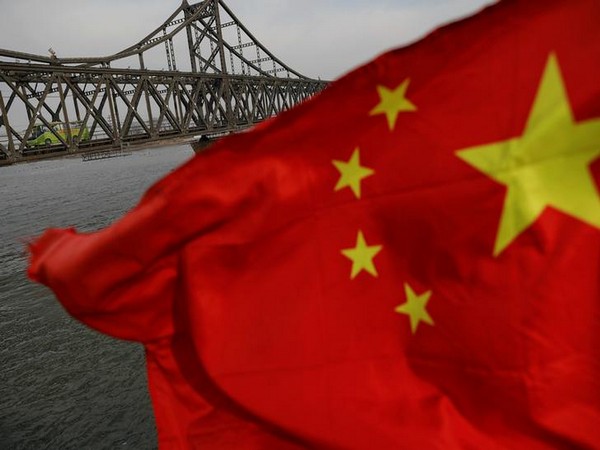Chinese political dissident Yan Xiong, who last fall announced his candidacy for the U.S. House of Representatives in New York, was reportedly stalked, harassed, and intimidated by the secret police of China. Yan Xiong, who escaped from China after the Tiananmen Square massacre of 1989, reached the shores of the United States, seeking political asylum. He later served in the US Army. Subsequently, Yan decided to run for the US House of Representatives from New York. Last month, the US Justice Department had charged five people with helping the Chinese Communist Party stalk, harass or spy on political dissidents in the US, including a congressional candidate and a Los Angeles sculpture artist.
Although the candidate was not named in the complaint, but it matches the description of Yan Xiong. “All the defendants allegedly perpetrated transnational repression schemes to target U.S. residents whose political views and actions are disfavored by the (People’s Republic of China) government, such as advocating for democracy in the PRC,” a DOJ statement said. According to court documents, all the defendants allegedly perpetrated transnational repression schemes to target U.S. residents whose political views and actions are disfavored by the PRC government, such as advocating for democracy in the PRC.
In one of these schemes, the co-conspirators sought to interfere with federal elections by allegedly orchestrating a campaign to undermine the U.S. congressional candidacy of a U.S. military veteran who was a leader of the 1989 pro-democracy demonstrations in Beijing, PRC. In another of these schemes, three defendants planned to destroy the artwork of a PRC national residing in Los Angeles that was critical of the PRC government and planted surveillance equipment in the artist’s workplace and car to spy on him from the PRC.
“The complaints unsealed reveal the outrageous and dangerous lengths to which the PRC government’s secret police and these defendants have gone to attack the rule of law and freedom in New York City and elsewhere in the United States,” stated U.S. Attorney Breon Peace for the Eastern District of New York. “As alleged, all of the defendants charged today at the direction of the PRC secret police, engaged in a series of actions designed to silence the free speech of Chinese dissidents in the United States,” said Assistant Director-in-Charge Michael J. Driscoll of the FBI’s New York Field Office.
“Transnational repression schemes pose an increasing threat against U.S. residents who choose to speak out against the People’s Republic of China and other regimes. The FBI is committed to protecting the free speech of all U.S. residents, and we simply will not tolerate the attempts of foreign governments to violate our laws and restrict our freedom.” Assistant Director Alan E. Kohler Jr. of the FBI’s Counterintelligence Division, said the Ministry of State Security is more than an intelligence collection agency. “It executes the Chinese government’s efforts to limit free speech, attack dissidents, and preserve the power of the Communist Party,” he said. “When it exports those actions overseas, it violates the fundamental sovereignty of the United States and becomes a national security threat.
These indictments should serve as a stark warning to the MSS and all foreign intelligence agencies that their efforts at repression will not be tolerated within our borders.” According to Global Strat View (GSV), these incidents clearly show the CCP’s attempts to silence its critics within China or abroad, 34 years after the Tiananmen Square massacre. “The protests, which began on April 15, 1989, culminated in June when the CCP imposed martial law and ordered 300,000 People’s Liberation Army (PLA) troops to occupy parts of central Beijing and crush protests. But in doing so, the troops resorted to the gravest of crimes and brute use of force,” the Global Strat View argued. Human rights organizations have ardently put pressure on China by highlighting the fateful events of Tiananmen. Rights groups have called the massacre China’s ‘indelible stain,’ and repeatedly called for China to acknowledge and take responsibility for the killings. It is no surprise that whenever the anniversary of the massacre approaches, the CCP becomes edgy, detains human rights activists, and censors discussions of the crackdown. Moreover, it has also used its tech lead to erase online mentions of events related to the massacre.

